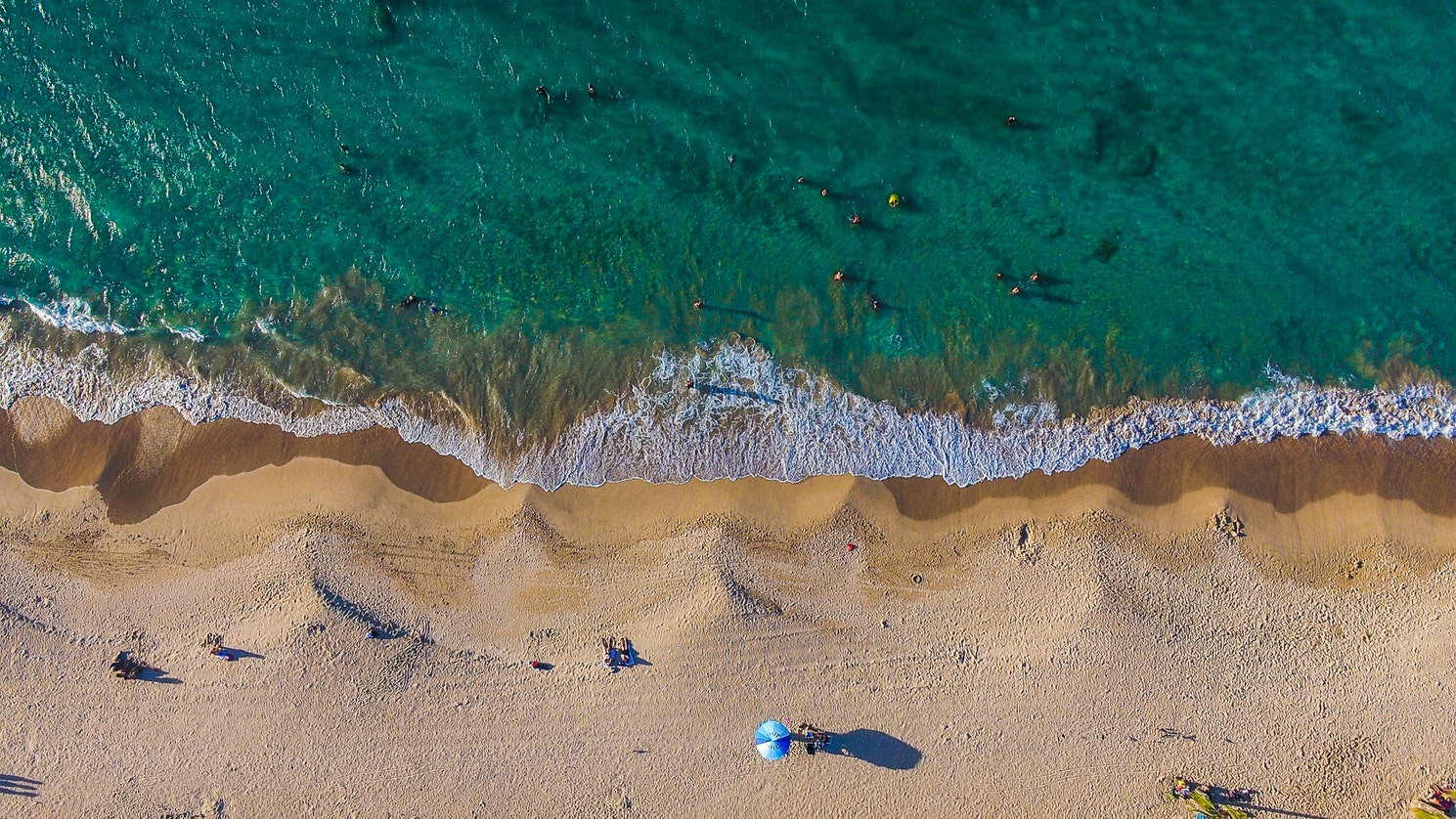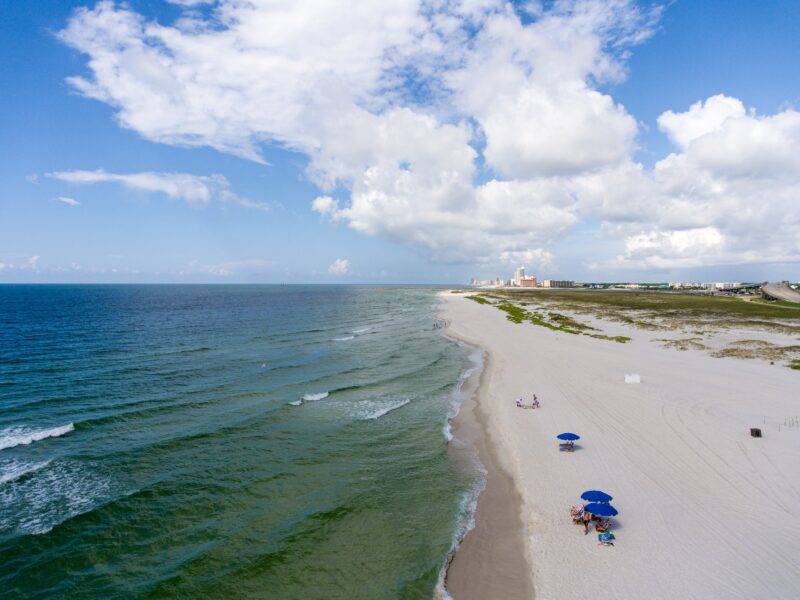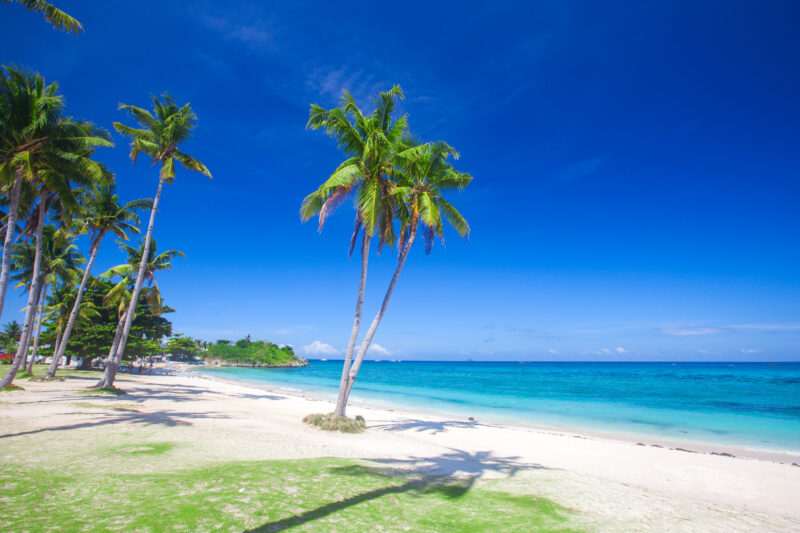When the organization Parley For The Oceans released a video of a giant wave of plastic pollution, people were shocked. After a storm, massive amounts of plastic and garbage washed up on the shores of Santo Domingo in the Dominican Republic. Sadly, this is an occurrence that happens after every storm. In just nine days, volunteers collected more than 520 tons of trash from the beach.
Beyond the viral wave of garbage, our oceans and animals suffer from the everyday overuse and wrongfully disposal of plastic and trash. A report from WSPA found that between 57,000 and 135,000 whales are entangled by plastic marine debris each year, not to mention birds, turtles, fish and other species affected by plastic marine debris.
Keep the beaches clean and our oceans safe with these small gestures that make a big impact.
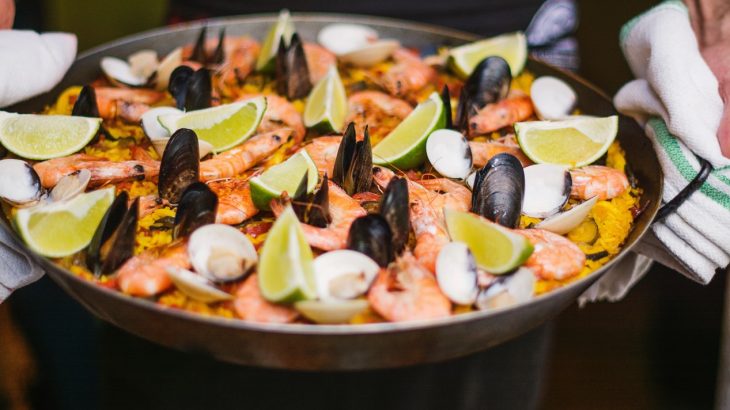
Eat Sustainable Seafood
Sustainable seafood relates to seafood caught or farmed in ways that consider the long-term impact on a species, the ocean and the livelihood of fishing-dependent communities—it’s a practice of fishing that is focused on the longevity of the environment. The U.N. Food and Agriculture Organization (FAO) reported that three-quarters of the world’s fisheries are now overexploited, fully exploited, or significantly depleted. By opting to only eat sustainable seafood, you are helping to stop practices like bottom trawling (when boats drag nets along the floor of the ocean scooping up and killing everything in its path) and the use of explosives to float paralyzed or dead fish to the top of the ocean. Look for terms like “line caught,” “diver caught,” “sustainably caught,” or “sustainably harvested,” when buying seafood at a grocery store or restaurant.
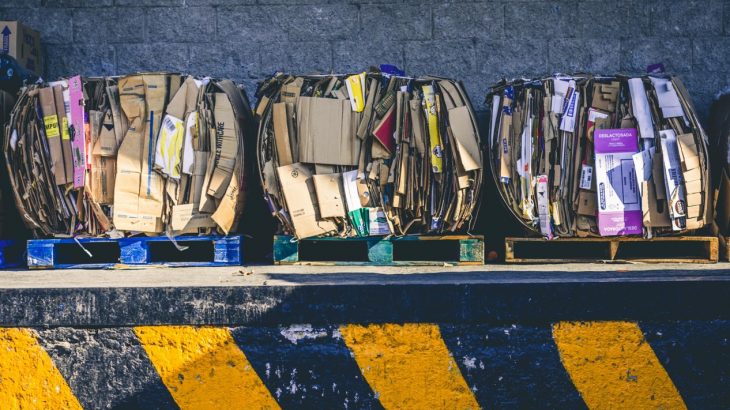
Dispose of Waste Responsibly
Did you know the average person throws away 4.4 pounds of trash… per day? All of that garbage has to go somewhere, and when the landfill is full, a lot of debris tends to end up in the ocean. Be aware of your daily waste and try to make cutbacks where possible, starting with what you buy at the grocery store. Be aware of how much food you actually need and the packaging that it comes in. Recycling isn’t limited to cans and plastic. When disposing of your used electronics, opt to trade them in instead of trashing them. Get creative with your disposables; donate moving supplies to your nearest UPS store, donate old clothes to Goodwill or Salvation Army, and use biodegradable products in your home. And, most importantly, be sure that what you are throwing away really is trash—find out what you can and can’t recycle, and then apply it to your daily life. Small steps really can make a big difference.
Ditch Plastic Straws & Use Reusable
Imagine a string of straws that can circle the Earth two-and-a-half times. According to Be Straw Free, an organization that’s mission is to stop the use of plastic straws, Americans use half a billion straws every day, most of which end up in our oceans. After a video of a sea turtle having a plastic straw pulled from its nostril went viral, a nationwide movement has taken place. Become an advocate for the ocean by simply refusing to use plastic straws, tell local restaurants about the effort, many are already making the switch to paper straws. You can also buy reusable drinking straws for your own home.
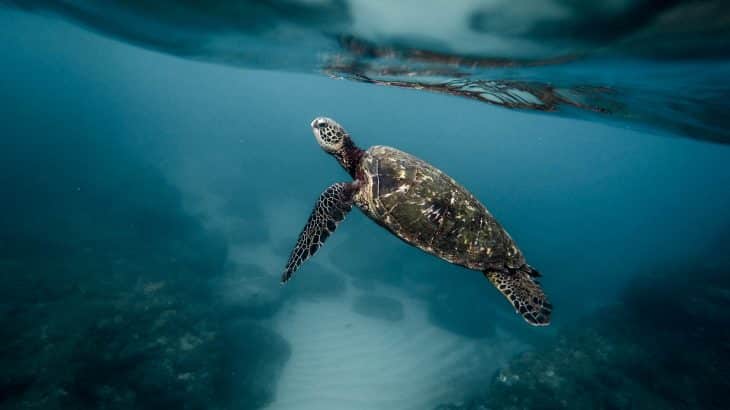
Choose Ocean-Friendly Products
What you wear on your body in the ocean ends up in the ocean permanently. Choose only ocean-safe, biodegradable products like Stream2Sea. They have sunscreen and shower products that are affordable and totally ocean safe! Additionally, many products contribute to harmful marine life practices. Avoid purchasing coral jewelry, tortoiseshell accessories (many of which are made from hawksbill turtle shells), and shark products.
Reduce Your Plastic Usage
You’ve seen the videos of divers swimming in masses of floating plastic off of our most loved beaches. Plastic waste often ends up entangling sea creatures, destroying habitats and killing hundreds of thousands of animals each year. Cutting back on your everyday usage may seem like a big responsibility (and an even bigger inconvenience). Start small and work your way up to larger efforts. Limit your plastic usage by simply carrying a reusable water bottle, using non-disposable containers for food instead of disposable plastics and taking your own grocery totes to the store rather than using plastic bags (many stores will now offer a discount for this).
Limit Your Carbon Footprint & Energy Consumption
Your carbon footprint may seem minimal, but when the whole population is combined, energy and waste have mass effects on the ocean and climate change. Be conscious of the power and energy you are using daily – do you leave a light on in your closet? Or the fan in your bathroom on for no reason? These seemingly small actions add up, not to mention increasing your power bill. Try switching to eco-friendly energy practices, like using compact fluorescent light bulbs, turning off lights, taking the stairs and making reasonable changes to your thermostat.
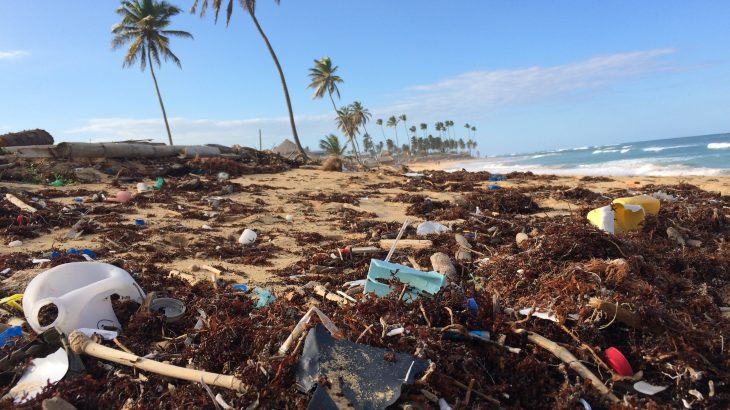
Clean Up Your Beach
Join a local initiative to clean up your beach, and if you don’t live on the beach, clean up any trash you find not where it’s supposed to be—in the trash or recycling bin broken up to do as little harm as possible. On beach vacations, make a point to help out the beach you cherish so much. Challenge yourself by picking up a certain amount of trash every day. A beach clean up is also an excellent idea for team building, volunteer events and more.
Educate Yourself and Those Around You
Everyone loves hearing about someone’s passion. When you’re passionate about something, it shows! Educate yourself on the ocean and its creatures. Develop a deep, personal love for the planet you’re a part of and all its inhabitants. Share your personal passion with others and be a genuine advocate for marine life and the oceans. Get involved in community organizations like your local aquarium or marine program, follow marine programs on social media, and share their mission with your friends and family. Chances are, you will see something amazing, learn important life lessons and breed passion for the ocean in other people too!
Support Organizations Working to Protect the Ocean
Saving the ocean is a global effort. Seek out national and international organizations like Mote Marine Laboratory & Aquarium or Parley for the Oceans, and support them. Your support doesn’t have to be monetary—volunteer your time, share their message, get involved. Support what you believe in with your daily actions.
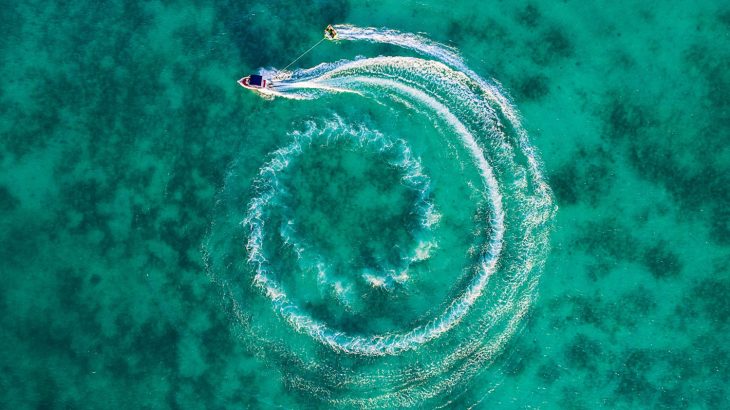
Enjoy the Ocean Responsibly
Whether you enjoy lounging on the beach with a good read, or boating in the Gulf on the weekend, practice responsible fun in the ocean. Never throw anything into the ocean or overboard, be aware of the animals and marine life around you and never dispose of fuel in the ocean. For vacationers, opt for an eco-friendly resort on your next beach getaway, or research options that care for the environment. Many hotels offer a green movement that limits the use of detergents, chemicals and trash during daily housekeeping.
Spread the Word
Let other ocean and beach lovers know how simple it is to make a difference. Simply share this article and the information in it with your friends, family, neighbors and social networks and lead by example to help everyone take small steps in the right direction.

